What is Forex Broker Leverage, and Where Does It Come From?
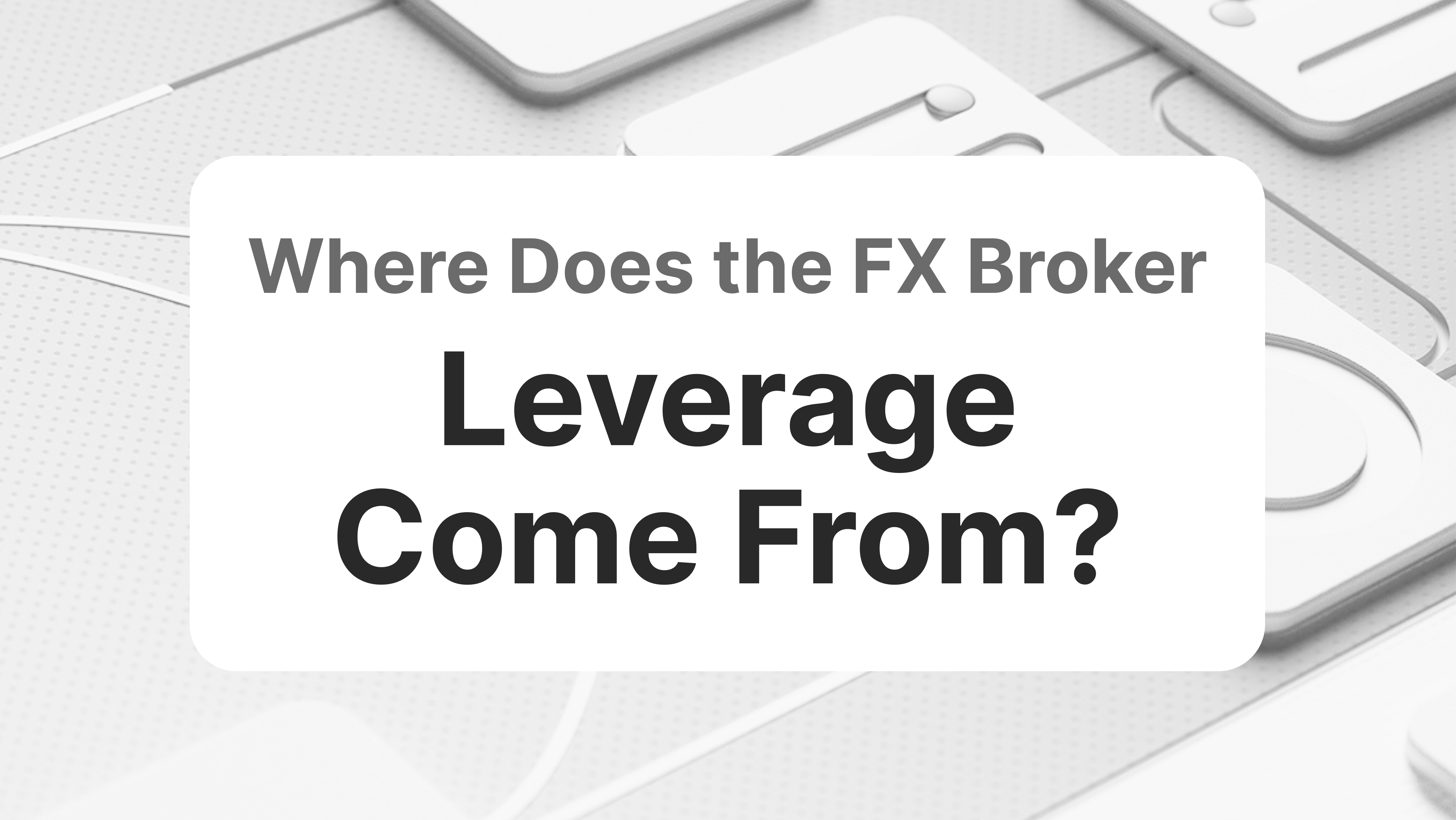
 By Constantine Belov
By Constantine BelovAs a hard-working, goal-oriented, and well-rounded person, I always strive to do quality work for every job I do. Faced with challenging tasks in life, I have developed the habit of thinking rationally and creatively to solve problems, which not only helps me develop as a person, but also as a professional.
Speaking about my professional activities, I can say that I have always been attracted to the study of foreign languages, which later led me to the study of translation and linguistics. Having great experience as a translator in Russian, English and Spanish, as well as good knowledge in marketing and economy, I successfully mastered the art of copywriting, which became a solid foundation for writing articles in the spheres of Fintech, Financial markets and crypto.
 By Tamta Suladze
By Tamta SuladzeTamta is a content writer based in Georgia with five years of experience covering global financial and crypto markets for news outlets, blockchain companies, and crypto businesses. With a background in higher education and a personal interest in crypto investing, she specializes in breaking down complex concepts into easy-to-understand information for new crypto investors. Tamta's writing is both professional and relatable, ensuring her readers gain valuable insight and knowledge.

It is impossible to imagine today's niche of electronic trading without Forex — the most liquid market that opens the door to the world of great opportunities for capital multiplication, among other things, due to the presence of a mechanism of borrowing money, which multiplies the investment potential of any open position on the market and is called Forex broker leverage.
This article will explain leverage, its advantages and disadvantages, its similarities and differences from margin, and how it can be used in trading with a Forex broker.
Forex leverage is a mechanism that enables traders to access larger trading positions in the Forex market by borrowing funds from a broker. This tool empowers traders to control a greater amount of capital than what they have in their trading accounts.
The advantage of using leverage is that it can potentially enhance profits, as even small price fluctuations can lead to substantial gains. Nevertheless, it is crucial to understand that leverage also amplifies the risk of losses. Traders must exercise caution and employ effective risk management techniques to safeguard their investments.
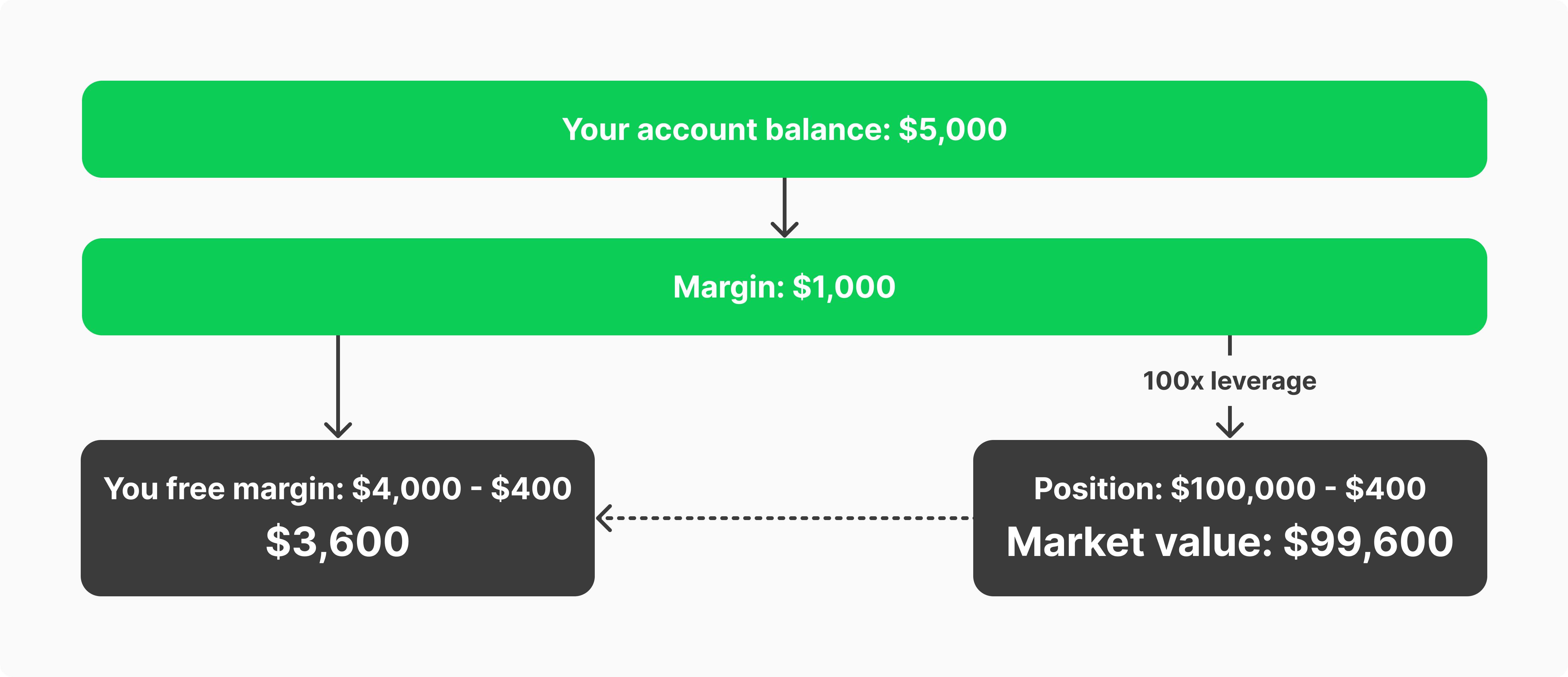
Forex leverage can be expressed as a ratio, such as 1:50, 1:100, or 1:500. The higher the ratio, the greater the leverage a trader can use. Nonetheless, it's important to note that while leverage can amplify profits, it can also increase losses, making it a high-risk strategy that should be used cautiously.
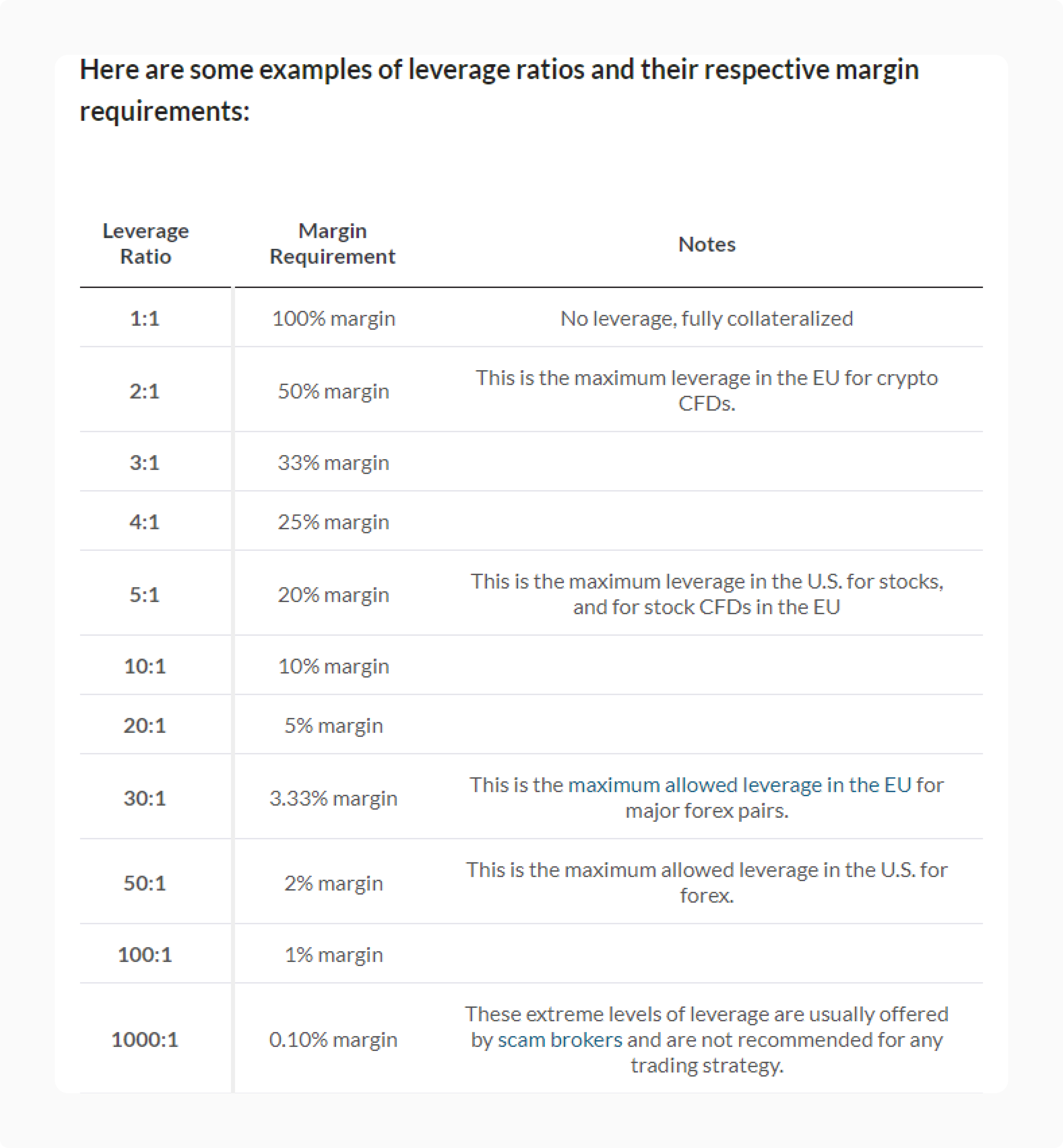
Leverage is offered by brokers for various reasons:
Leverage enables traders to access larger positions in the market than they would be able to with their own capital alone. This amplifies the potential profits from successful trades.
Forex markets are highly liquid and offer numerous trading with leverage opportunities. By providing leverage, brokers enable traders with limited capital to participate in these markets and take advantage of price movements.
Leverage is often seen as an attractive feature for traders, as it offers the possibility of significant returns with a smaller initial investment. The availability of leverage can attract more clients to a broker's platform.
The primary aim of every financial institution is to generate income and achieve profitability. Without this fundamental objective, the establishment of a business would lack purpose and motivation.
When it comes to leveraged brokers, they employ two main methods to generate revenue, as outlined below: Firstly, FX brokers enhance leverage, enabling traders to amplify their positions. Secondly, they earn income through trade fees, commissions, and overnight management fees.
Leveraged contracts, representing elements of margin trading, offer the opportunity to borrow funds, sell them in the market, and repurchase them at a lower price. This strategy can result in significant profits for skilled speculators who understand the risks involved.
Fast Fact
Leverage is a basic attribute of any type of margin trading in all types of markets.
Leverage can be a highly beneficial instrument that magnifies gains and risks in Forex trading. This tool empowers traders to manage more prominent positions with limited capital, potentially leading to increased profits. Nevertheless, comprehending the advantages and disadvantages of leverage is crucial before using it for trading strategy.
Leveraging offers a key benefit by allowing traders to amplify potential gains. For example, with a leverage ratio of 1:100, a trader can manage a $100,000 position using only $1,000 in their trading account. If the market moves favourably by 1%, the trader could earn $1,000 instead of just $10 without leveraging. This heightened profit potential can be attractive to traders seeking to optimise their profits.
Leverage is a financial tool that allows traders to access larger markets that would otherwise be beyond their reach due to capital constraints. One such market is the Forex market, renowned for its high liquidity and vast trading volume. By utilising leverage, even small retail traders can participate in this global market and seize its manifold opportunities.
Leveraging offers traders the opportunity to expand their portfolio diversification by simultaneously entering multiple positions. By distributing their capital among different currency pairs or assets, traders can decrease their exposure to any single trade or market event. This diversification strategy plays a crucial role in managing risk and improving the overall profitability prospects.
Leverage allows traders to customise their Forex trading experience to suit their individual preferences and adapt to changing market dynamics. By adjusting leverage ratios according to their risk tolerance and the current market environment, traders can effectively manage their exposure to risk.
Lowering leverage during times of heightened volatility or uncertainty can serve as a safeguard against potential losses while raising leverage in favourable market conditions can enable traders to maximise their gains.
Leveraging allows traders to amplify their trading capabilities through the strategic utilisation of margin. Margin acts as the necessary collateral for entering into leveraged transactions.
Through the application of leverage, traders can effectively leverage their margin, allowing them to oversee larger trading positions with a lesser capital outlay. This enhanced efficiency in trading operations enables traders to efficiently allocate their resources, ultimately aiming for higher investment returns.
Despite the many advantages that leverage provides for traders, all of them can be negated if it is used incorrectly, which can lead to disastrous consequences. Therefore, leverage has the following disadvantages.
Even minor market fluctuations in the opposite direction can lead to significant losses, which in some cases can exhaust your entire account balance. It is imperative to acknowledge the potential risks associated with market trading and implement effective risk management strategies.
Failure to do so may result in the depletion of your investment portfolio and can have adverse consequences on your financial well-being. Hence, it is advised to exercise caution and diligence while investing in the market and to seek guidance from financial professionals if necessary.
When engaging in leverage trading, it is essential to uphold a specific level of equity (initial margin) in your account to safeguard against potential losses. If the market shifts unfavourably and your account balance drops below the necessary margin, you will encounter a margin call.
At this point, you must add more funds into your account or liquidate some or all of your positions to fulfil the margin criteria. Failure to take action may prompt the broker to liquidate all or the hall of opened positions, leading to substantial financial losses.
When borrowing funds from a broker, it is important to note that such action attracts interest charges. The interest charges accumulate, and the extent to which they accrue depends on the duration of the position.
It is crucial to bear in mind that these charges can either diminish your overall profit or increase your losses. Thus, careful consideration of the interest charges should be taken into account when making any borrowing decisions.
The allure of leverage trading is often accompanied by a tendency among traders to embark on large trading positions without due consideration for the inherent risks involved.
As a result, they frequently exceed their risk tolerance levels, driven by a fear of missing out and convinced that the next trade will turn in their favour. This approach can be fraught with peril, and its implementation can lead to unfavourable outcomes.
Leverage trading allows traders to control larger positions with a smaller amount of capital, leading to significant profits if the trade goes in their favour. However, it also amplifies the potential losses if the trade moves against them. This is where risk management becomes crucial.
Many traders, especially beginners, often get caught up in the excitement of leverage trading and fail to assess and manage the risks involved properly. They may over-leverage their positions, ignore stop-loss orders, or trade without a clear risk management strategy in place. This can result in catastrophic losses that wipe out their trading accounts.
Margin and leverage trading may seem similar at first glance, but they have distinct differences. The fundamental dissimilarity lies in their conceptual approach. Margin trading involves borrowing money from a broker to amplify trading power, while leverage refers to obtaining a loan to purchase an asset or finance a financial endeavour.
Additionally, margin trading and leverage differ in their collateral utilisation. In margin trading, collateral from your margin account borrows funds from a broker. These borrowed funds are then repaid with interest, effectively acting as leverage to facilitate larger trades. On the other hand, leverage trading does not involve collateral and is solely focused on obtaining a loan for financial activities.
It is important to note that the relationship between margin and leverage is inversely proportional. Higher margins result in lower leverage. Furthermore, conservative leverage strategies tend to be more effective when considering risk reduction over extended periods.
Conversely, short-term margin investments can yield favourable returns in markets characterised by high liquidity. Understanding these disparities is crucial for traders to make informed decisions and navigate the complexities of the financial markets.
Trading on the Forex market is a well-established process of conducting financial operations with one or another currency within the framework of the chosen strategy.
When dealing with leverage trading, traders consider many peculiarities, nuances, and aspects of using borrowed funds to maximise profits and not lose the initial capital. However, only some market participants ask themselves: How is leverage implemented by Forex companies?
Forex transactions differ significantly from equity market transactions due to the absence of a transfer of ownership upon trade initiation. For instance, when a trader swaps the euro for the US dollar in the spot market, it signifies an agreement to finalise the transaction at a specified volume and price during settlement without the physical exchange of cash.
Settlement for all spot Forex transactions typically occurs two business days later in both currencies, except the USD/CAD pair, which is usually settled the following day. Consequently, only a margin balance that adequately covers fluctuations in the contract value is necessary to establish such a position.
Rolling over in currency trading refers to extending a currency trade to the next settlement date by paying the swap rate. This swap rate is a fee charged by Forex brokers for the privilege of holding a position overnight. This fee allows traders to keep their positions open beyond the initial settlement date.

When a trader decides to roll over a trade, they essentially agree to continue holding the position for an extended period. This can benefit traders who believe the market conditions will remain favourable. They can profit from further price movements in their desired direction by rolling over.
To roll over a trade, traders need to have sufficient funds in their trading account to cover the margin requirement and the swap fee. The margin requirement is typically 2% of the total trade value, meaning traders must have at least 2% of the trade value in their account to cover potential losses.
A spot Forex transaction is a commitment to finalise the exchange later, requiring only a small sum of money to mitigate counterparty risk. If the contract value decreases after buying or selling a currency, the trader must uphold their end of the deal and safeguard the counterparty.
The margin within the trader's account should be adequate to manage such risks. A significant currency pair should typically not experience fluctuations exceeding 1% within a day.
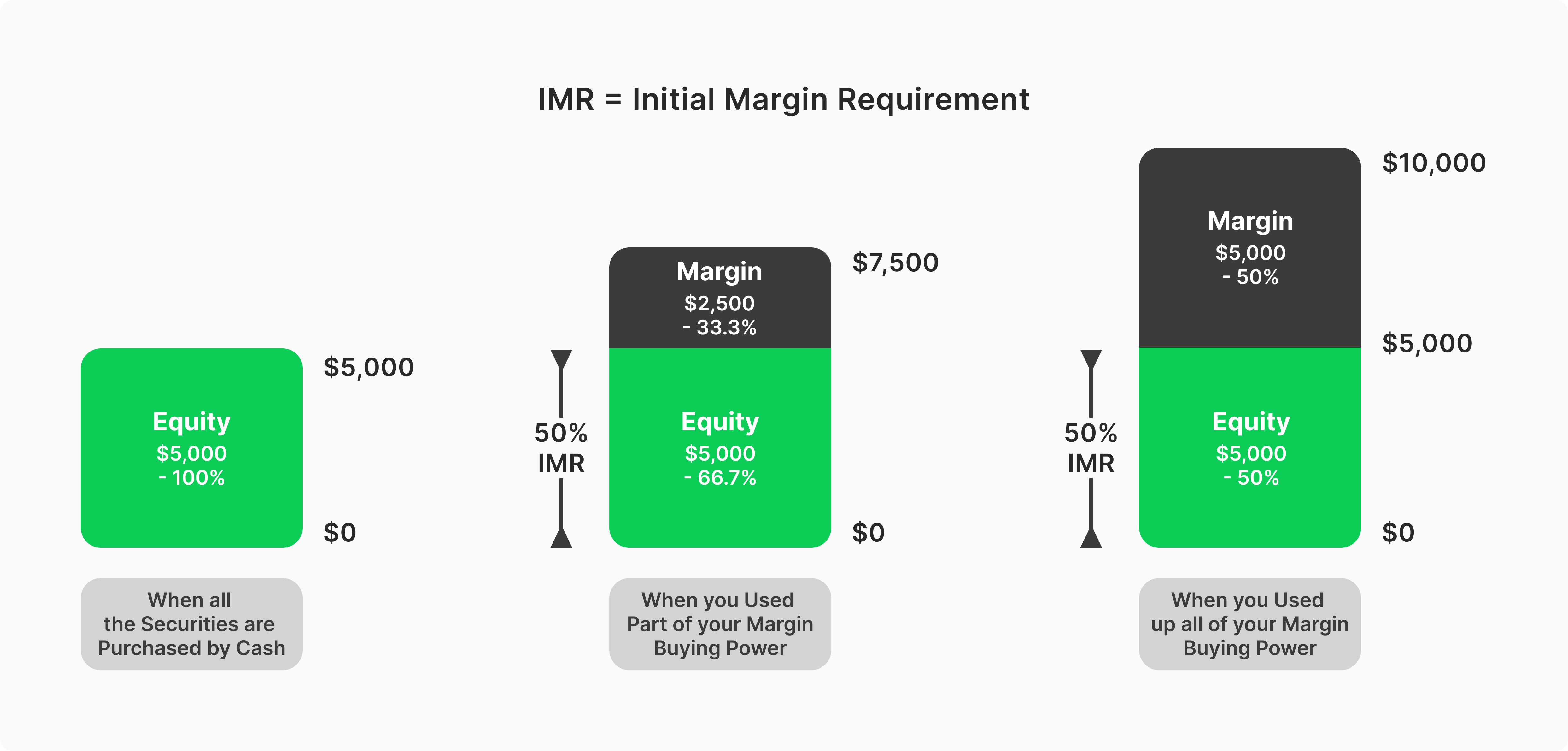
In the event that a Forex broker's customers open conflicting positions in a currency pair, an aggregator steps in to handle the trades internally. This software program efficiently manages feeds from various liquidity providers, allowing the broker to avoid significant capital investments required for offering high leverage to traders.
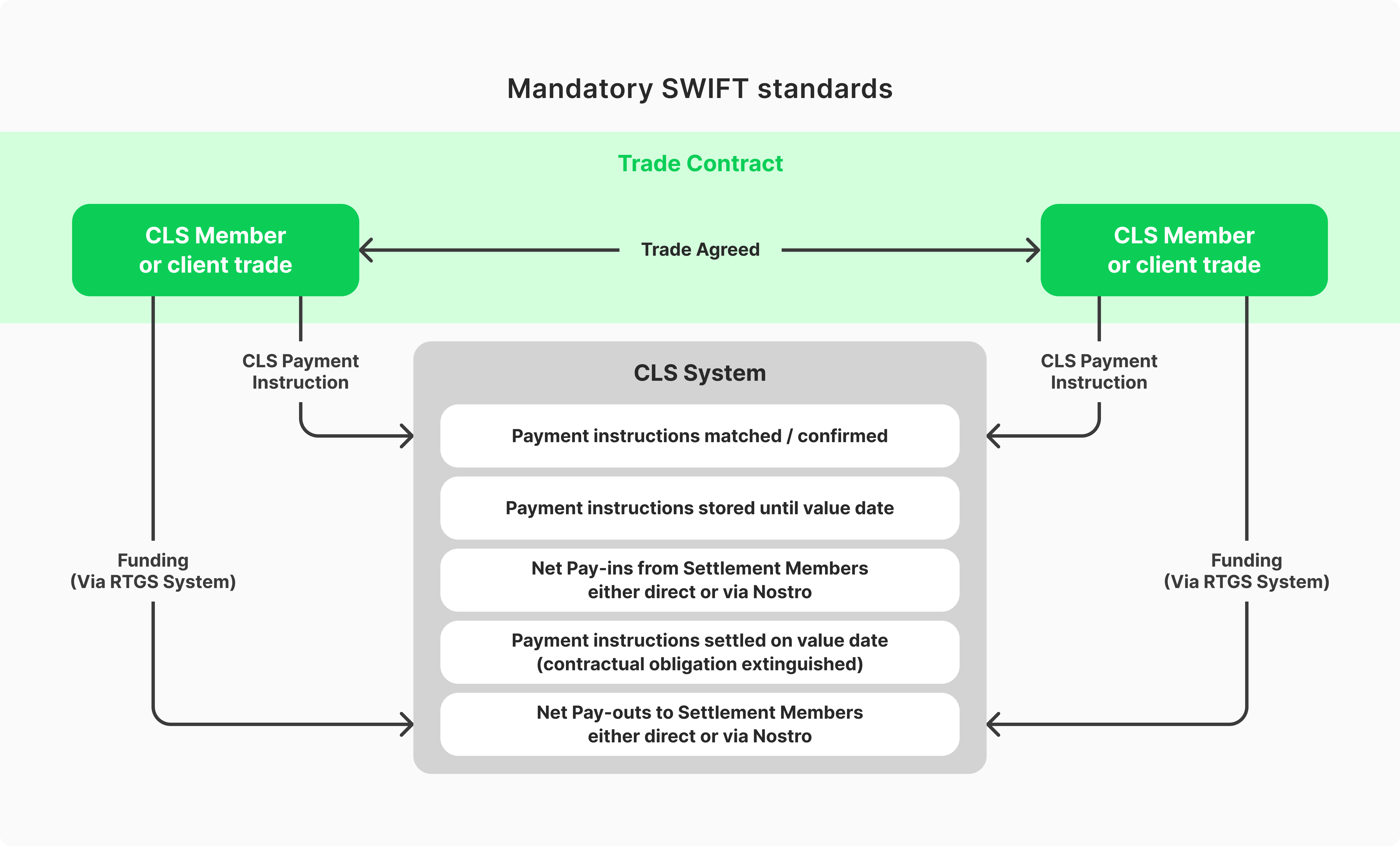
In the world of FX trading, brokers provide a certain amount of funding to cover the margin requirements of their clients. This practice is similar to the equity market, where brokers offer short-term funding equivalent to 50% of the value of a stock. The primary purpose of margin funding in Forex trading is to boost trading volumes.
This is important not just for the broker's profitability but also for the overall efficiency of the Forex broking business. By providing margin funding, brokers can help traders access larger trading positions than they would be able to do with their own capital alone.
Retail Forex brokers have collaborations with multiple liquidity providers such as banks, hedge funds, and other distinguished financial institutions. These LPs provide brokers with the chance to avail leverage ratios that typically range between 1:25 and 1:50. However, the exact leverage ratio may vary slightly depending on the particular broker's partnership with a specific LP.
Forex broker leverage is a double-edged sword tool, which is the main attribute when trading on the Forex market. With its advantages and disadvantages, it allows you to effectively utilise capital and if used correctly, it can multiply your initial investment many times over, regardless of your trading style and initial margin.
Leverage in Forex refers to the use of borrowed funds or margin to increase the potential return on investment. It allows traders to control a large amount of currency with a relatively small amount of capital.
The amount of leverage a broker provides is influenced by several factors, such as regulatory requirements, asset class, margin requirements, trader qualifications and risk management policies.
With leverage, you can achieve portfolio diversification, access many new markets, and trade short.
The main disadvantages of using leverage include margin call and liquidation risk, as well as the interest charged for the use of credit funds.
Share your queries in the form for personalized assistance.